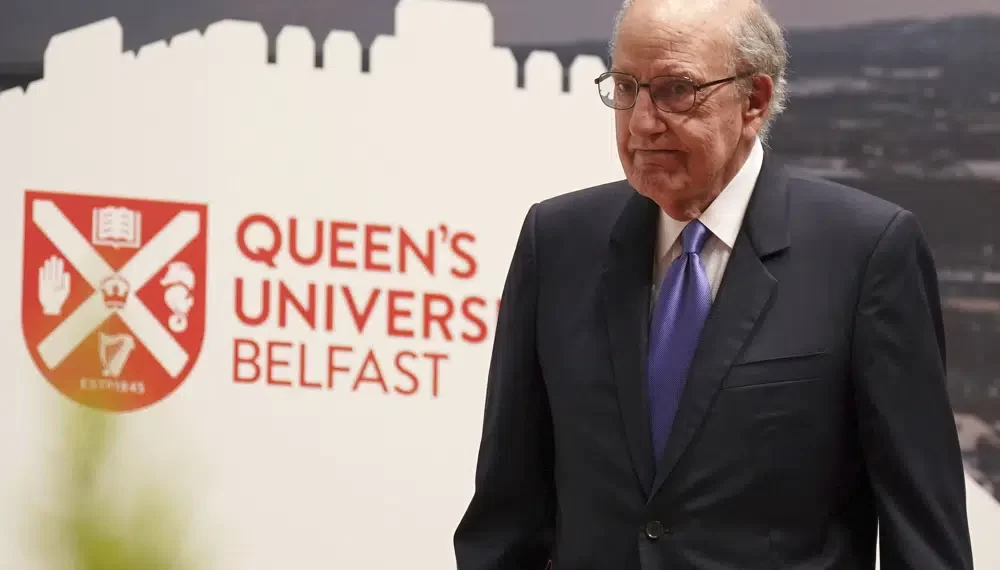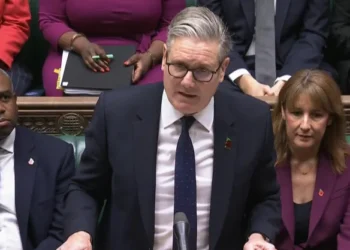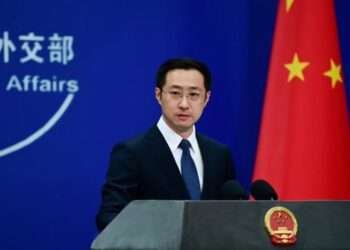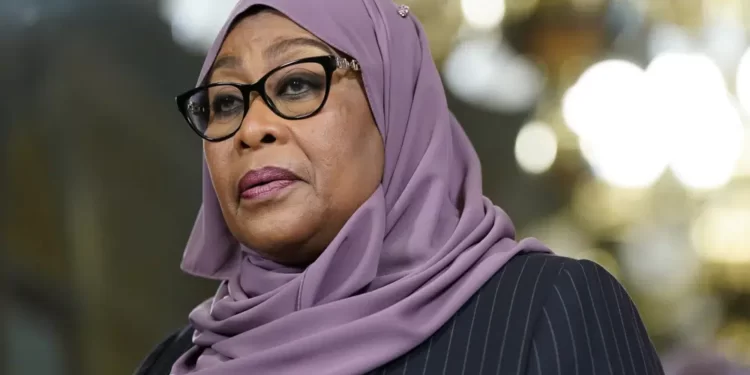Former U.S. Senator, George Mitchell has urged the feuding politicians in Northern Ireland to end the political impasse and revive the government.
Mitchell disclosed at a conference held to mark a quarter century since the Good Friday Agreement that Northern Ireland’s leaders must “act with courage and vision as their predecessors did 25 years ago,” when bitter enemies forged an unlikely peace.
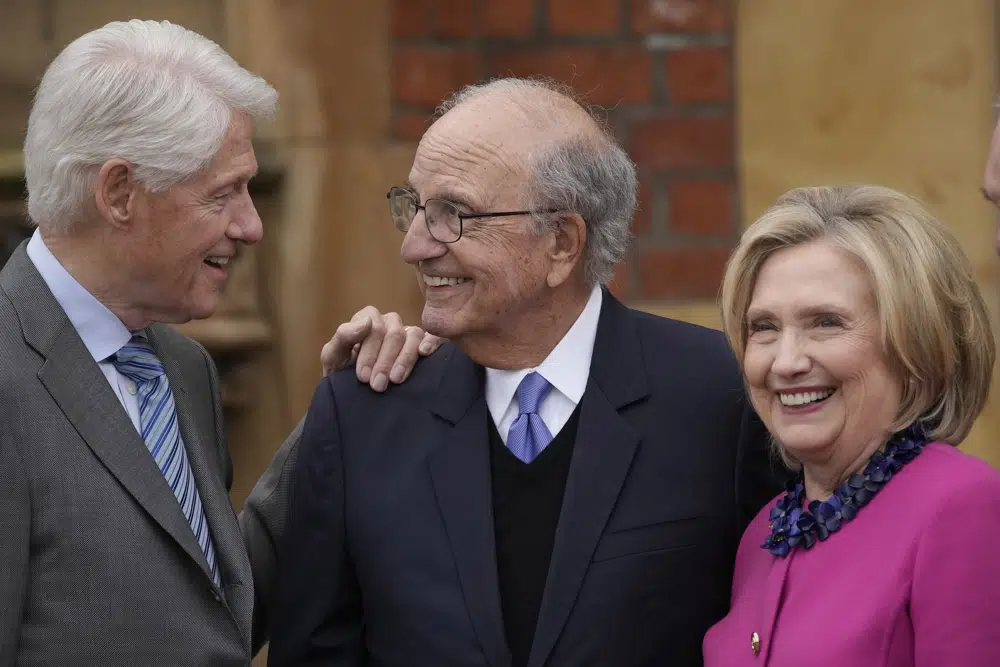
The former U.S Senator, who chaired two arduous years of negotiations that led to the Good Friday Agreement, joined ex-President Bill Clinton and political leaders from the U.K., Ireland and Northern Ireland at a Belfast conference to mark 25 years since the agreement largely ended three decades of sectarian bloodshed.
The Good Friday Agreement, signed on April 10, 1998, has been held up around the world as proof that bitter enemies can make peace. It committed armed groups to stop fighting and set up a Northern Ireland legislature and government with power shared between unionist and nationalist parties.
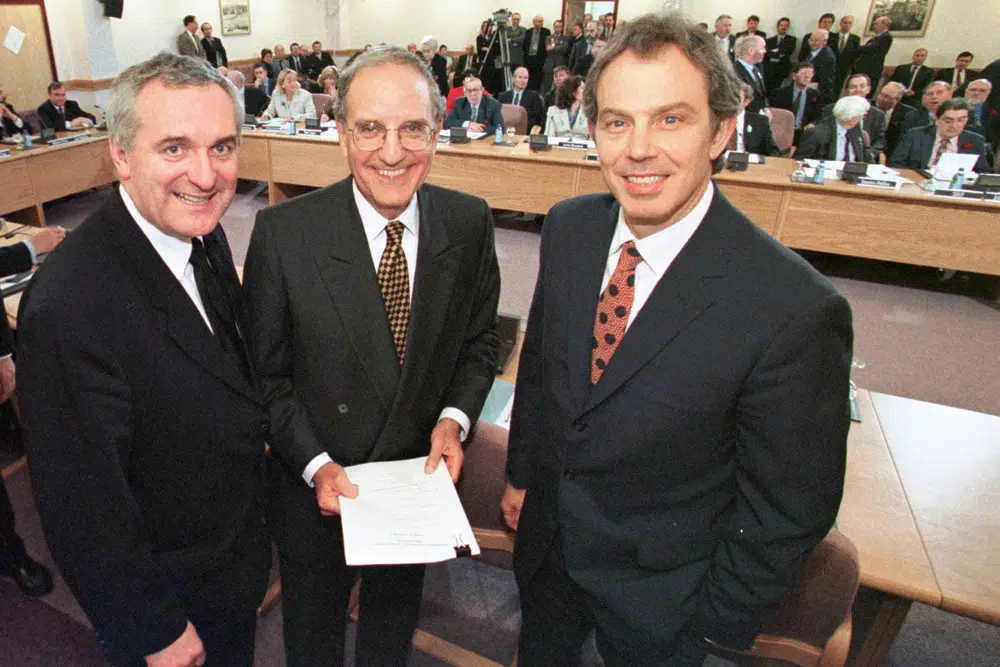
Northern Ireland has changed dramatically since then and some wonder whether the accord that created peace is still capable of sustaining it.
Mitchell, who is now 89, stated, “The people of Northern Ireland continue to wrestle with their doubts, their differences, their disagreements.” However, he added, “The people of Northern Ireland don’t want to return to violence, not now and not ever.”
“The war is over,” Gerry Adams, former leader of Sinn Fein, the party linked during the conflict to the Irish Republican Army, which killed around 1,800 people, asserted. “The conflict’s finished,” he added.
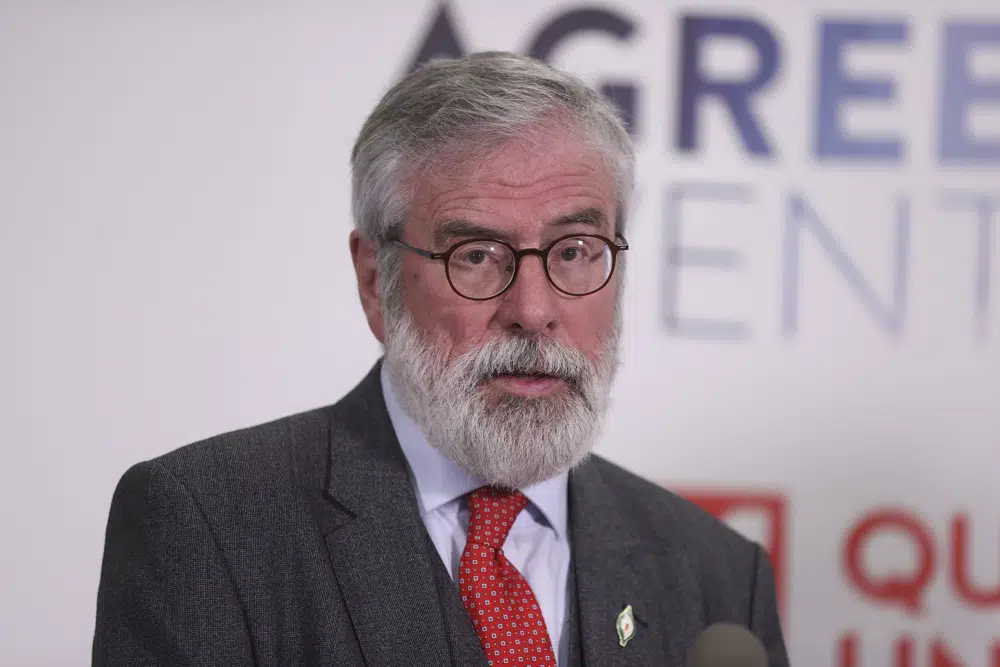
A young peacetime generation is increasingly shedding the rival identities; British unionist and Irish nationalist, which erupted into three decades of bloodshed that killed 3,600 people.
However, at the same time, Northern Ireland is locked in a political crisis that threatens to wreck the peace secured by the Good Friday Agreement.
“You’ve got a transformed society in which (the labels) unionist, nationalist for many young people doesn’t mean anything,” said Katy Hayward, Professor of political sociology at Queen’s University Belfast, the conference venue.
“But on the other hand, society is in a state of quite severe disrepair. We haven’t had a functioning Assembly for four out of the last six years, and our public services are crumbling around our ears.”
Katy Hayward
While peace has largely held, politics is deadlocked. Northern Ireland’s 1.9 million people have been without a functioning government since the main unionist party walked out more than a year ago to protest post-Brexit trade rules.
Participants Urge DUP To Return To The Power-Sharing Government
Participants at the conference, gently or pointedly, urged the Democratic Unionist Party to return to the power-sharing government.
Former U.S. Secretary of State, Hillary Clinton, Queen’s University’s Chancellor, urged people in Northern Ireland to show the same “unstoppable grit and resolve” that secured the peace deal.
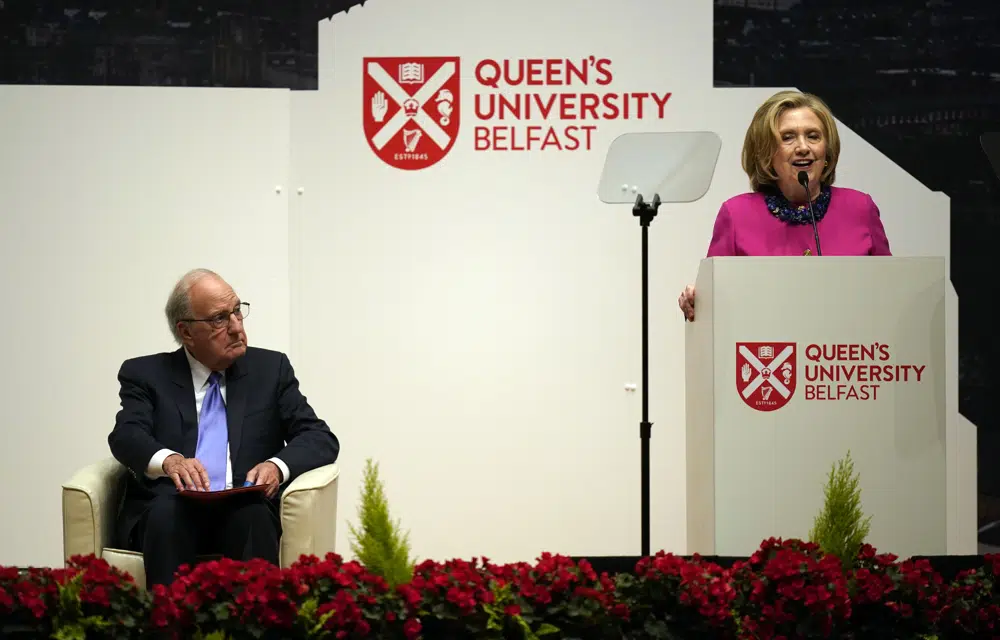
“You have always found a way through, and I believe you will again,” she told delegates.
Sinn Fein’s Adams predicted the political impasse “will be resolved” by the DUP returning to government.
“As ministers, they have a mandate to do that. We can disagree on all of these other matters, but we should do it on the basis of the political and institutional office that we are entitled to on behalf of the people who elected us.”
Gerry Adams
The three-day conference seals commemorations of the April 10, 1998, peace accord that included a flying visit last week by President Joe Biden.
Biden reminded Northern Ireland’s politicians how strongly the U.S. remains invested in peace.

